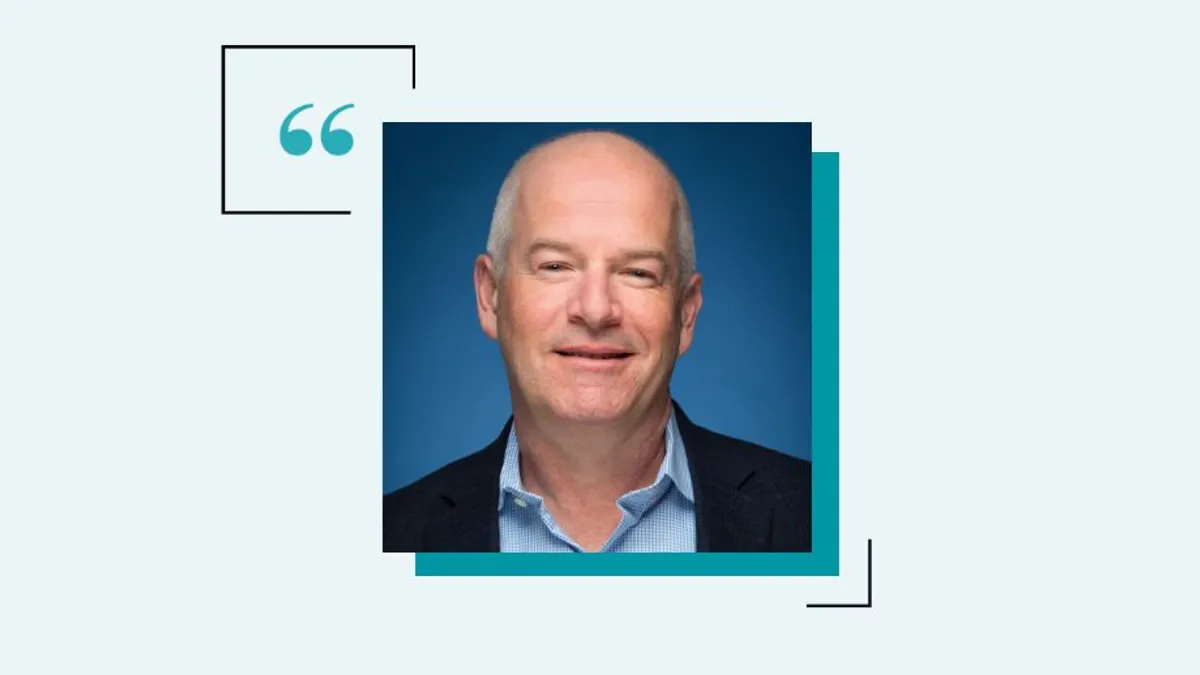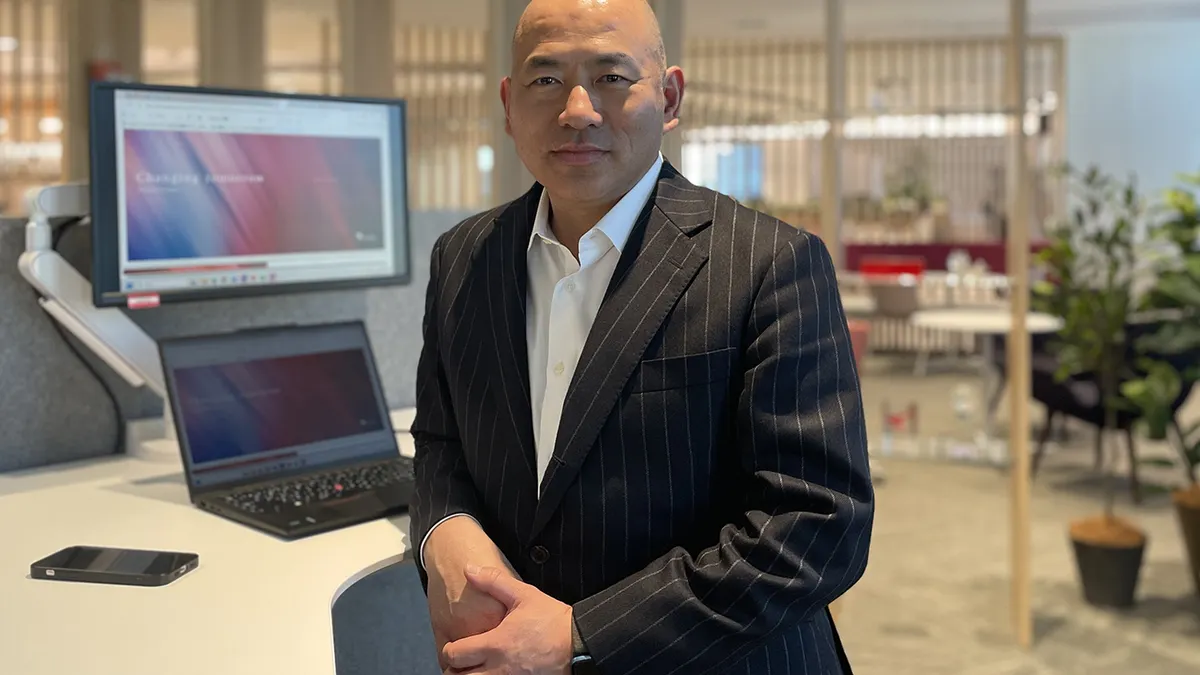CFOs are not immune to the increase in employee burnout. While many veteran finance leaders are dealing with increased stress, pressure, and responsibility by retiring, others are temporarily stepping out of the workplace to recharge, reset, or pursue bucket lists.
It can be a smart move. In fact, one recent study of professionals who took sabbaticals noted significant and positive changes in those professionals’ personal and professional situations. Still, it’s important to understand what you want to accomplish and how much time you can afford to be away from paid employment before exploring the potential with your employer or planning the next steps after leaving a job.
David Arnold, president of Arnold Partners LLC, a CFO and director search firm, recommends keeping future job opportunities in mind when considering an extended leave. Departing with a specific goal in mind is key — caring for a loved one, accomplishing a personal goal, or volunteering are among the valid reasons for a break.
He advises against using time away from a leadership position for long-term consulting, though. “If you are a CFO and consult for more than six months, employers will tend to think you were looking for a job during that period and couldn’t find one,” he said. That perception might not be fair or accurate, but it’s one you could face regardless.
CFO talked to three financial leaders who left paid employment to recharge, serve their community, or plan their future. While their situations were different, there were common threads in their stories. Here’s what they told us.
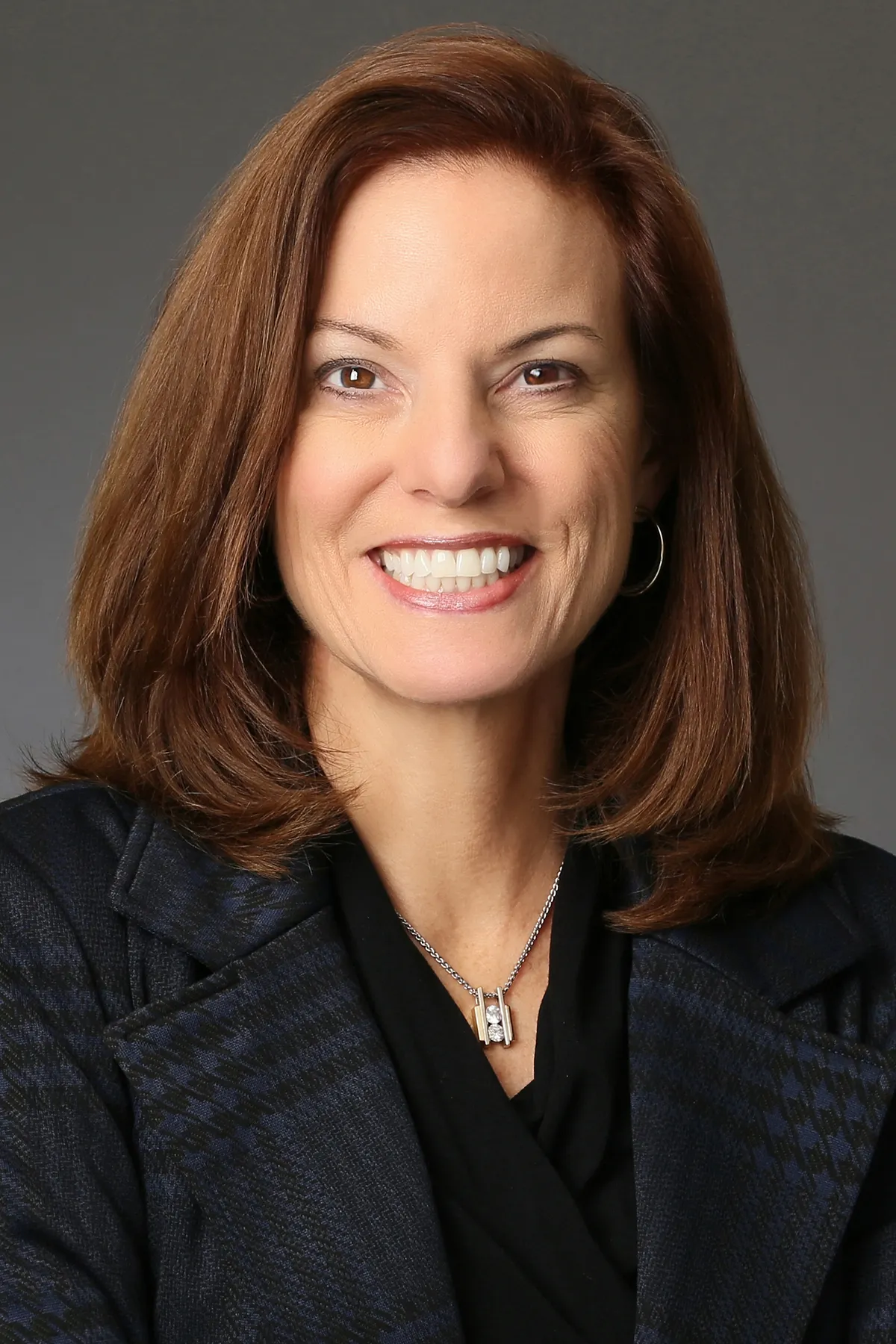
Defining Success: Lynn Blake
Lynn Blake knew something needed to change in 2018 when she realized she was never fully present at her two teenage daughters’ activities and events. A public company CFO at a medical device company, she was often distracted by work-related calls and messages. “I was really good at showing up. But I was really terrible at being present. There's a big difference between the two,” she admitted.
Blake was coming out of an intense period that began with leading her employer’s successful IPO and then guiding the organization through a two-year transition. As the girls, then 14 and 16, looked ahead to college, the burned-out finance executive longed to savor her daughters’ remaining time at home and help guide decisions about their futures.
She knew her job and its long hours would prevent that. So she left it. “It was a very tough decision, but it was worth it,” she said, looking back.
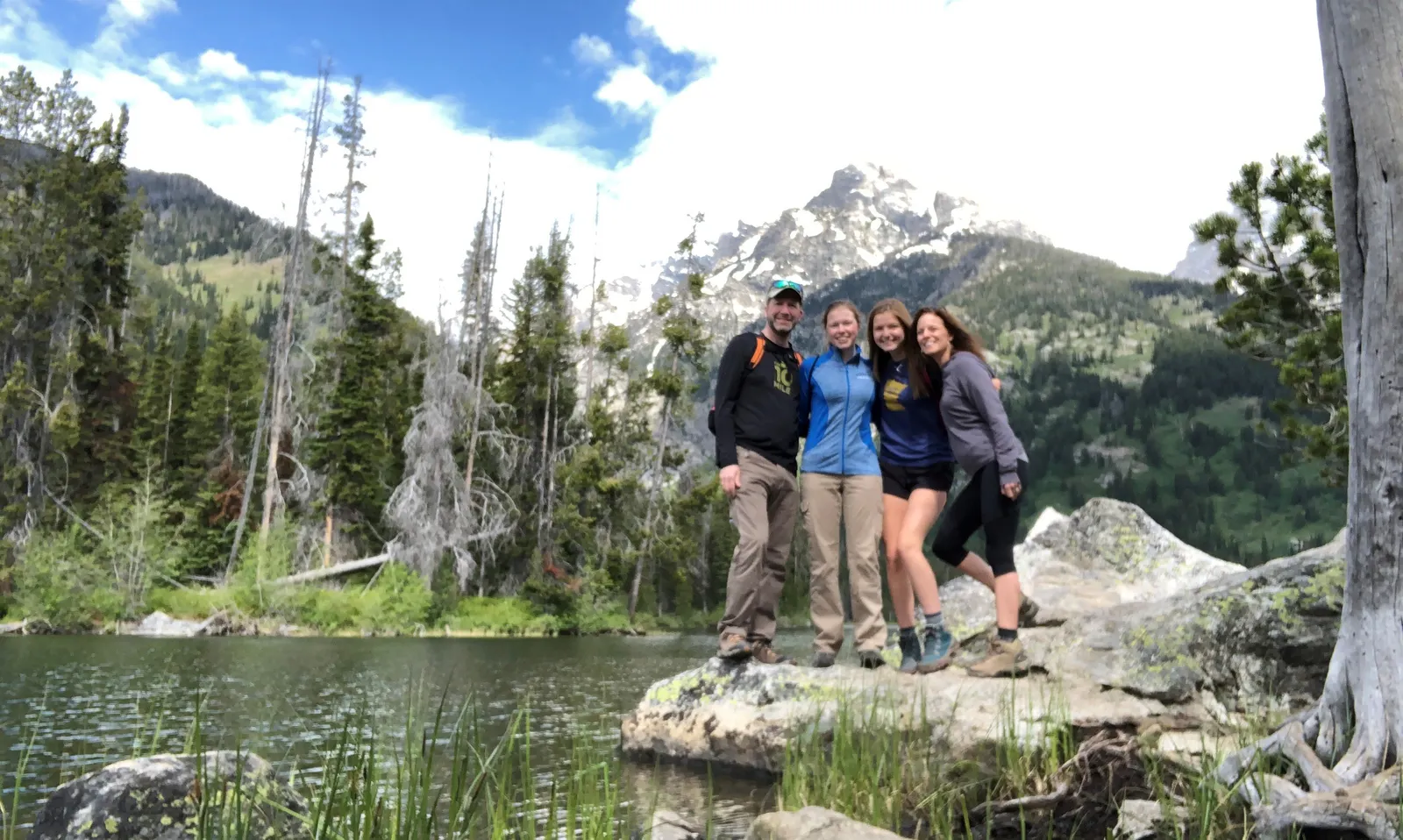
After enjoying a work-free year of college visits, marathon training, and family vacations without a laptop, Blake began exploring opportunities that would allow her to use her skills in a more flexible environment. She joined four boards and a local consulting firm. Then, a year ago, she accepted a full-time CFO position with a medical device company to shepherd it through a critical juncture following a complex financing deal. Having accomplished that, Blake will soon leave the organization to return to what’s most important to her right now. That includes becoming a more active board member and attending Notre Dame football games during her older daughter’s senior year there.
The 56-year-old’s reset-turned-revolution helped reinforce what the Minnesotan always knew: “There are a lot of definitions of career success. It isn't always about the title or the size of a company,” Blake said. Hers, she’s discovered, requires the right mix of work, family, and fun.
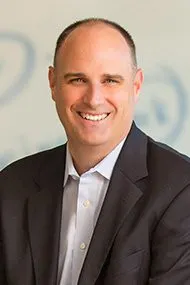
Mission Possible: Justin Spencer
Justin Spencer’s penchant for succession planning paid off two years ago when leadership in the Church of Jesus Christ of Latter-Day Saints (LDS) asked him to accept a full-time, three-year, unpaid mission.
Spencer, 52, was CFO of a Northern California-based healthcare telecommunications provider when he and his wife were asked to oversee the education and well-being of young adults experiencing their first LDS mission in Salt Lake City. By the end of the Spencers’ mission, they will have worked with nearly 600 18- to 24-year-olds.
Even though the calling, as it’s known in the church, was unexpected, Spencer and his wife, Kristen, didn’t hesitate to accept. “As active members of our faith, we believe in accepting assignments given to us by our church leaders. It’s ingrained in us,” Spencer said. It also gave the couple their first opportunity to serve together.
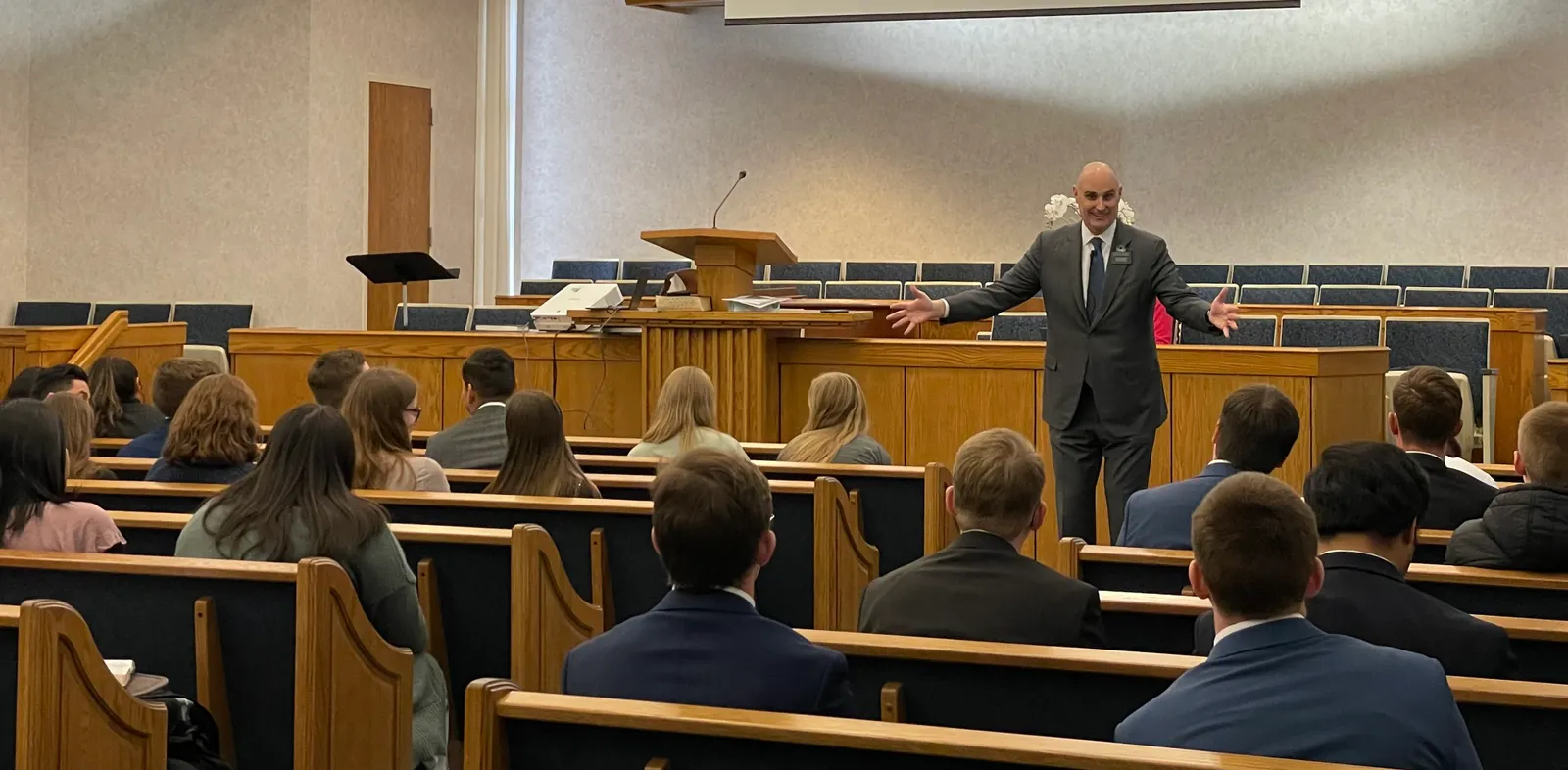
The fact that Spencer always made sure he had someone on his team who could do his job made it easier for him to leave the C-suite, too. “About a year before I left, and without knowing this opportunity would present itself, I hired a controller and vice president of finance with the idea that he could step into my role if needed,” Spencer said.
Today, with one year left in his mission, Spencer considers the impact of his time away from corporate America. “It's helped me become more empathetic, patient, and understanding of both the challenges and the opportunities that our young people face today,” he said.
In another year, the finance executive will return to business as usual. “I definitely want to jump back into the workforce,” he said. For now, though, he’s content to help guide and shape his church’s future leaders.

Setting Sail: Jonathan Kennedy
You’ve heard the old saw, “When a door closes, a window opens.” Jonathan Kennedy understands this as well as anyone. When a shift in direction closed the door to his CEO office at the medical equipment company where he had also previously been CFO, it didn’t take long to find an open window.
“I quickly realized it was a good time in my life to take a break. I've been working since I was a teenager and had a couple of things on my bucket list I wanted to accomplish,” said Kennedy.
With one child graduating high school and another already in college, it was the right time for a long-contemplated move from California to Kennedy’s home state of Florida, where he owned a house.
A hands-on, make-things-happen kind of guy, Kennedy quickly started on those bucket list experiences – project-managing construction of a new family home on property they owned down the street and buying and restoring a boat.
“I love sailing and boating, so I bought an old boat in the Virgin Islands, cruised it back, and did quite a bit of restoration work on it,” he explained.
One-and-a-half years into his reset and with the family settled in the new house, Kennedy, 52, is ready for the next professional challenge. “This time away from all the matters and responsibilities that need your time and attention all day has been liberating, but I can still do the job – and I want to,” he said.
His advice to others contemplating a reset? Plan for it. “Figure out what’s going to fill your days and your joy bucket before making the change,” Kennedy said.
Handled properly, said Arnold, time away from employment can be a plus. “Taking a well-planned break could make a candidate more attractive. They will be recharged and ready to get back to work,” he said.










